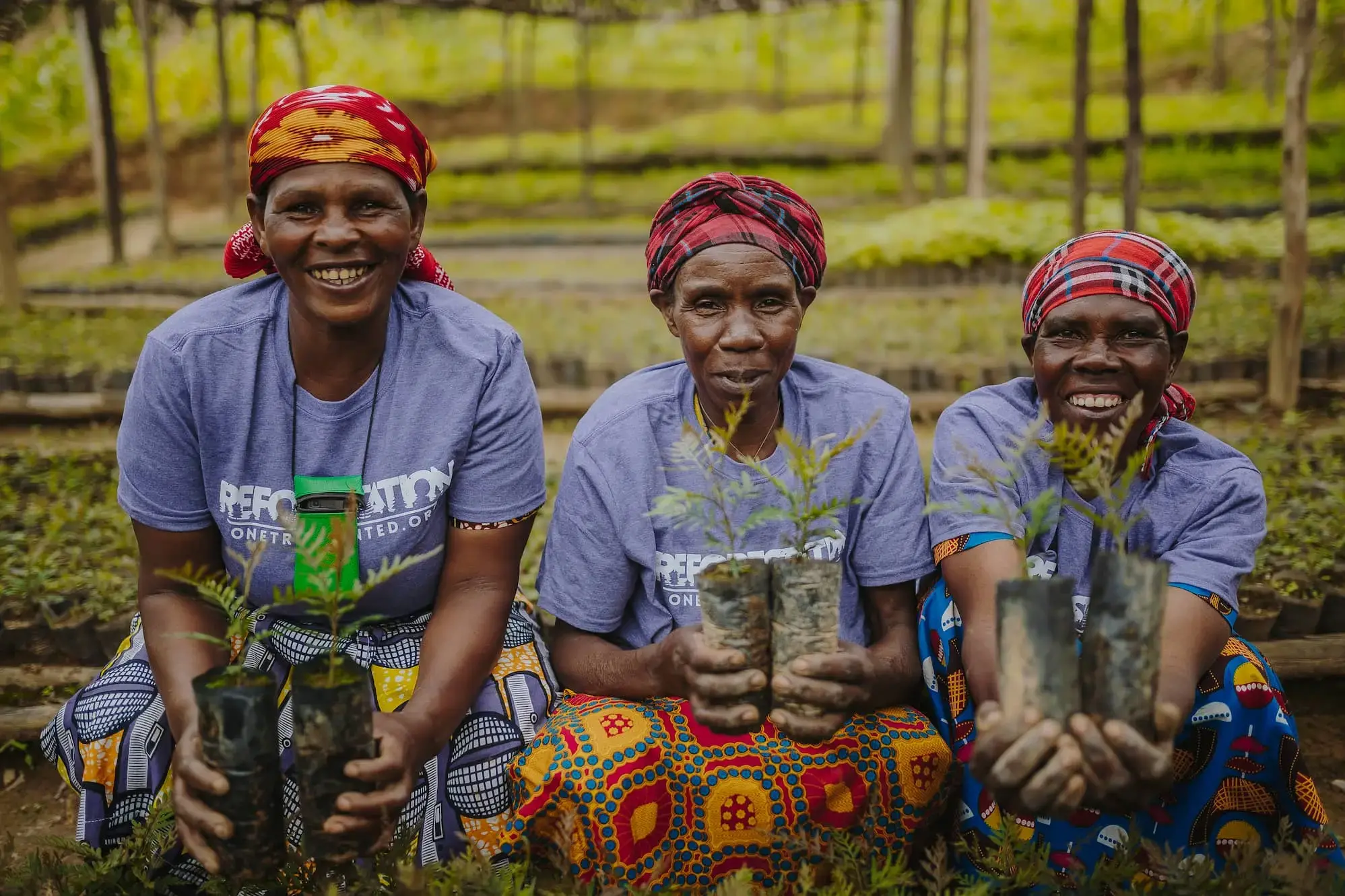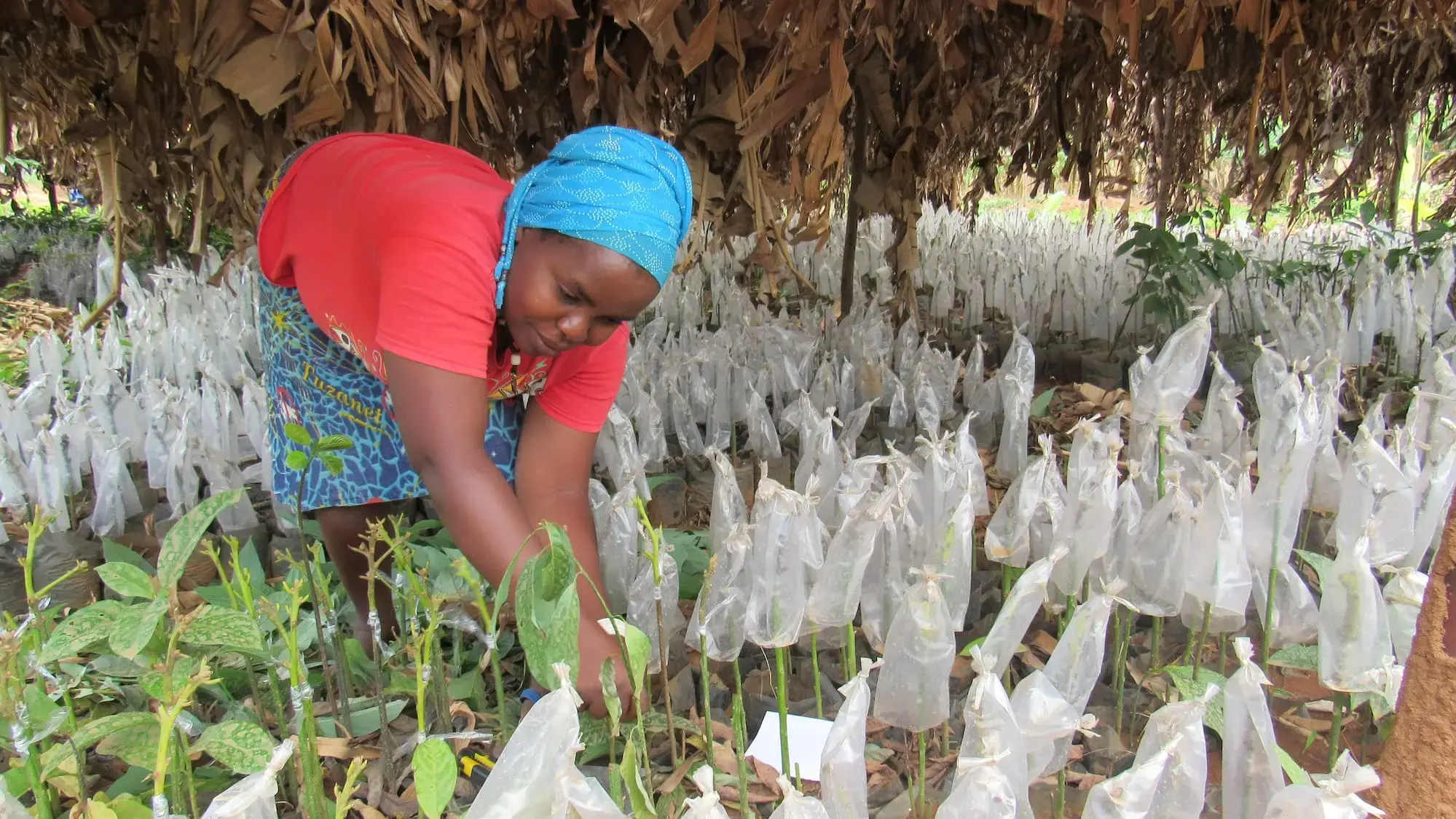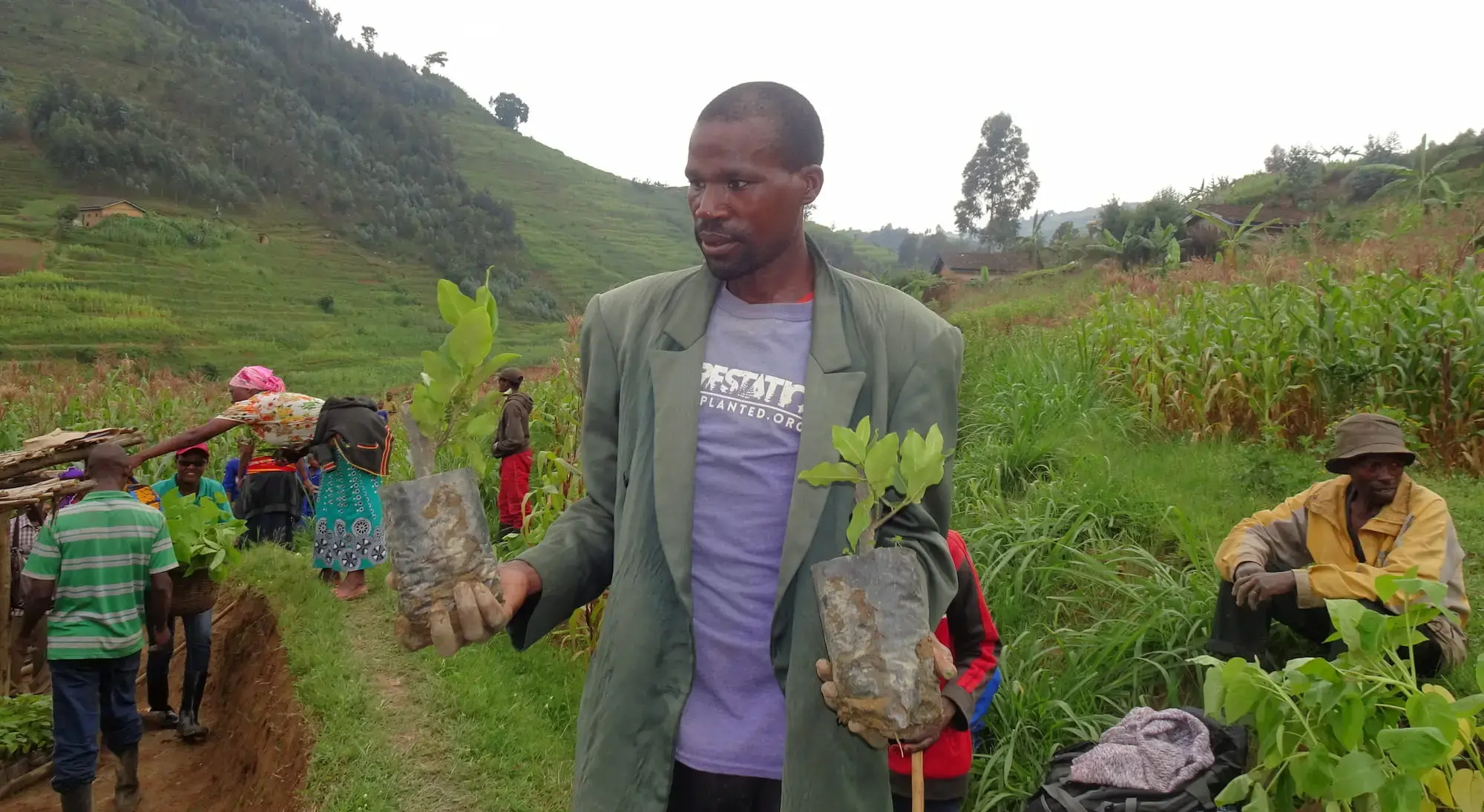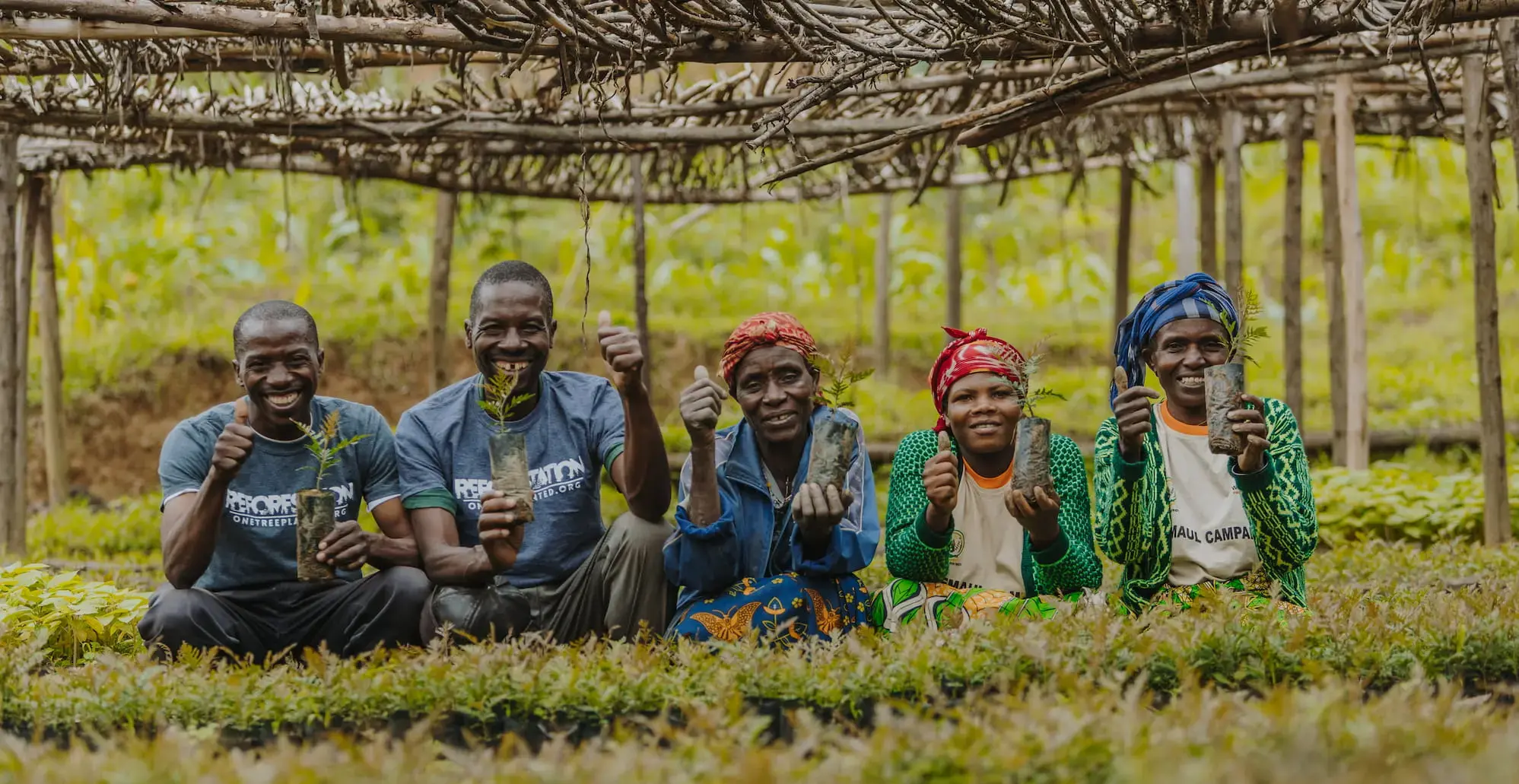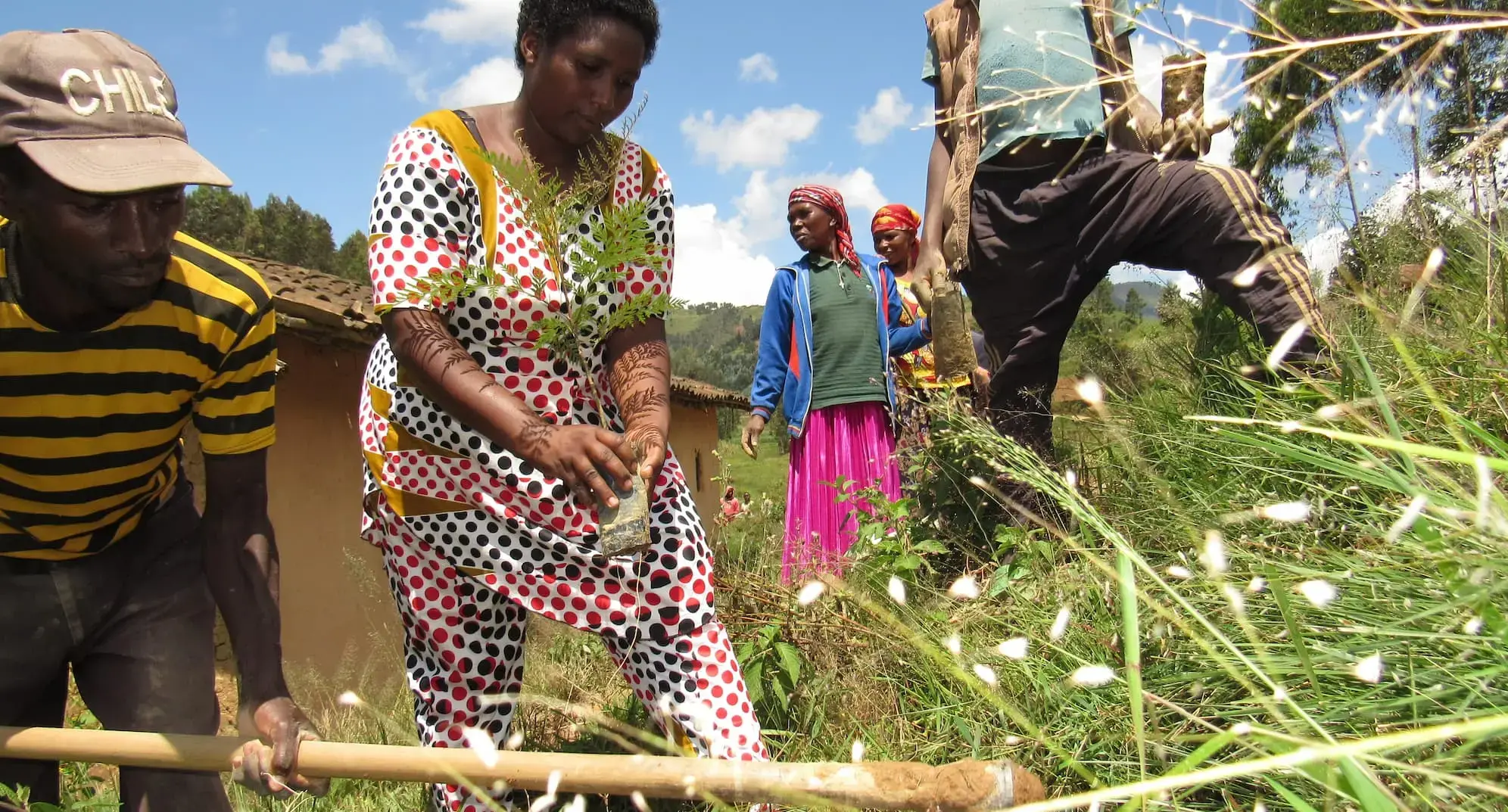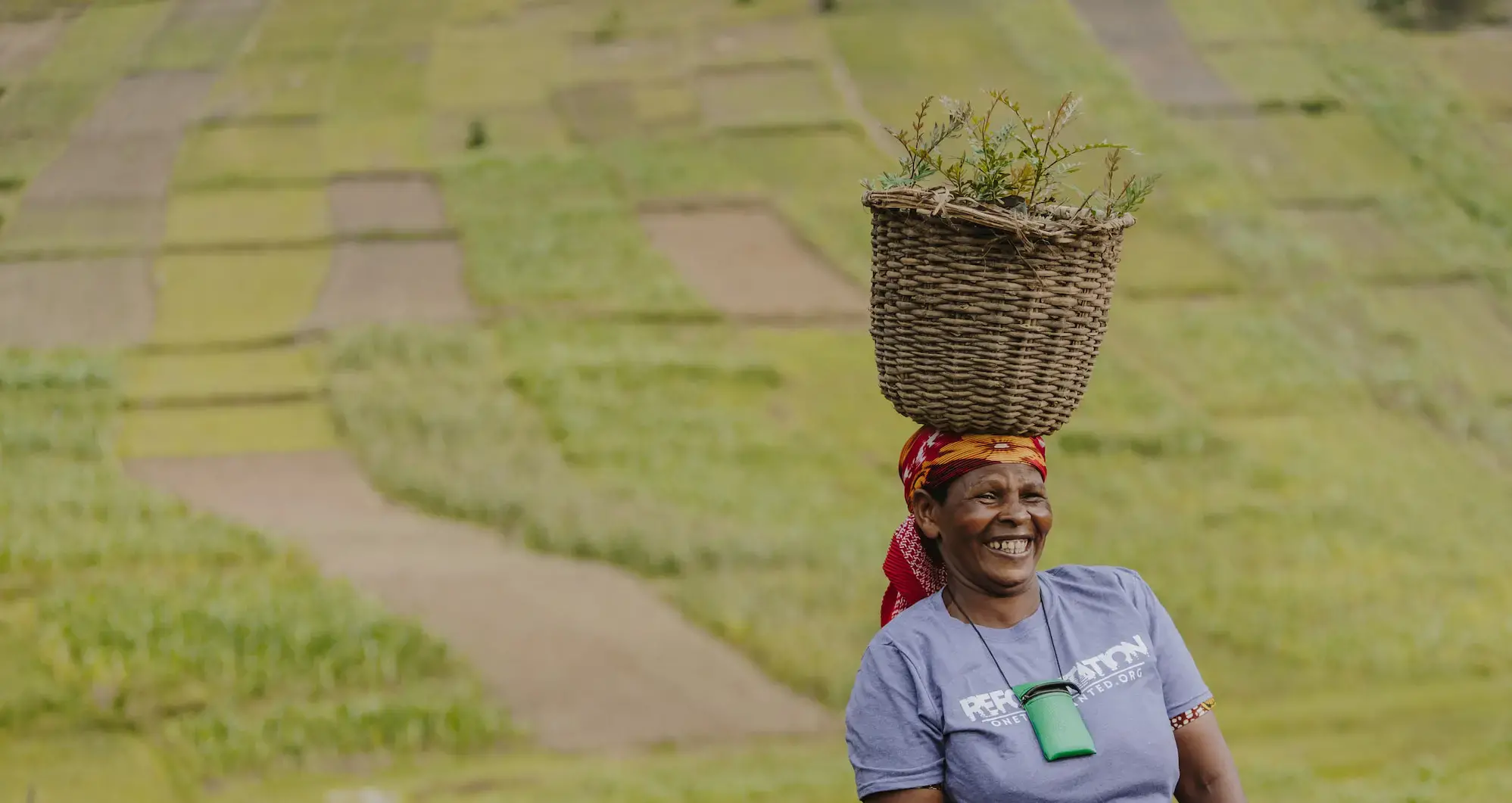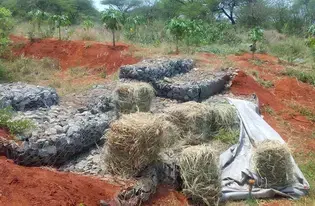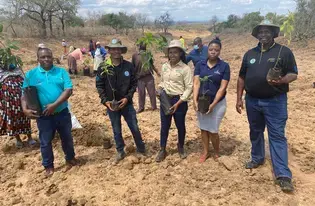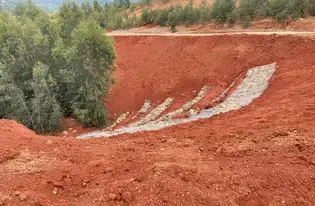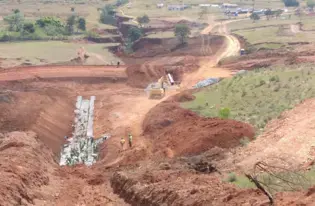Reports highlighting the extensive environmental destruction taking place have emphasized the need to take action against the decline of biodiversity. The Albertine Rift Conservation Society is addressing the root causes of biodiversity loss, while also creating green jobs.
The Albertine Rift Conservation Society (ARCOS) was founded in 1995, to promote biodiversity and natural resource management in the Albertine Rift region, which includes Uganda, Rwanda, the Great Lakes of Africa, and the African mountains. The organization prioritizes capacity building, information sharing, networking, stakeholder engagement, and ecosystem-based management. ARCOS utilizes three approaches in carrying out their work: empowering, connecting, and acting on the ground.
The Rwanda Environment Management Authority (REMA) reported that Rwanda’s land degradation is due to soil erosion caused by unsustainable land use practices. These practices include deforestation, overcultivation, inadequate soil conservation measures, and grazing; through these practices, the rates of soil infertility are increasing. ARCOS became actively engaged in changing this narrative through agroforestry, afforestation, landscape restoration, soil erosion prevention, community awareness and empowerment.
Through a grant from the TerraFund for AFR100, an initiative of World Resources Institute, One Tree Planted, and Realize Impact that finances Africa's top restoration enterprises and projects, ARCOS established ten nurseries, seven in Rutsiro and three in Kirehe, producing 200,000 tree seedlings. The organization aims to plant 480,000 trees, restoring 2,125 hectares with 177,500 seedlings planted in the first year. The project created employment opportunities for 107 people, 65 being women and 47 male.
“Rutsiro and Kirehe were chosen due to their proximity to Lake Kivu and Akagera National Park, which are at risk of environmental degradation. ARCOS was thrilled to partner with AFR100 as their initiative aligns with our mission of showcasing the potential of agroforestry to address challenges such as, land degradation, farmer income and climate resilience,” shared Janvier Hitimana, Project Coordinator at ARCOS.
Through the project, a variety of tree species including fruit trees like tamarillo, avocados, amongst other exotic and cultural trees. The trees are planted, cared for and monitored by local communities as a means of income. In addition to communities being able to gain employment, ARCOS reports having a significant increase in the ecosystem’s health.
The organization promotes socially responsible, economically viable and environmentally resilient agricultural systems, to improve food security and community livelihoods in its areas of operation. This vision aligns with Rwanda’s government objective of upscaling agroforestry on arable land and restoring two million hectares of land by 2024.
ARCOS’ efforts depict the cruciality of community involvement and partnership in conserving Rwanda’s rich biodiversity.
